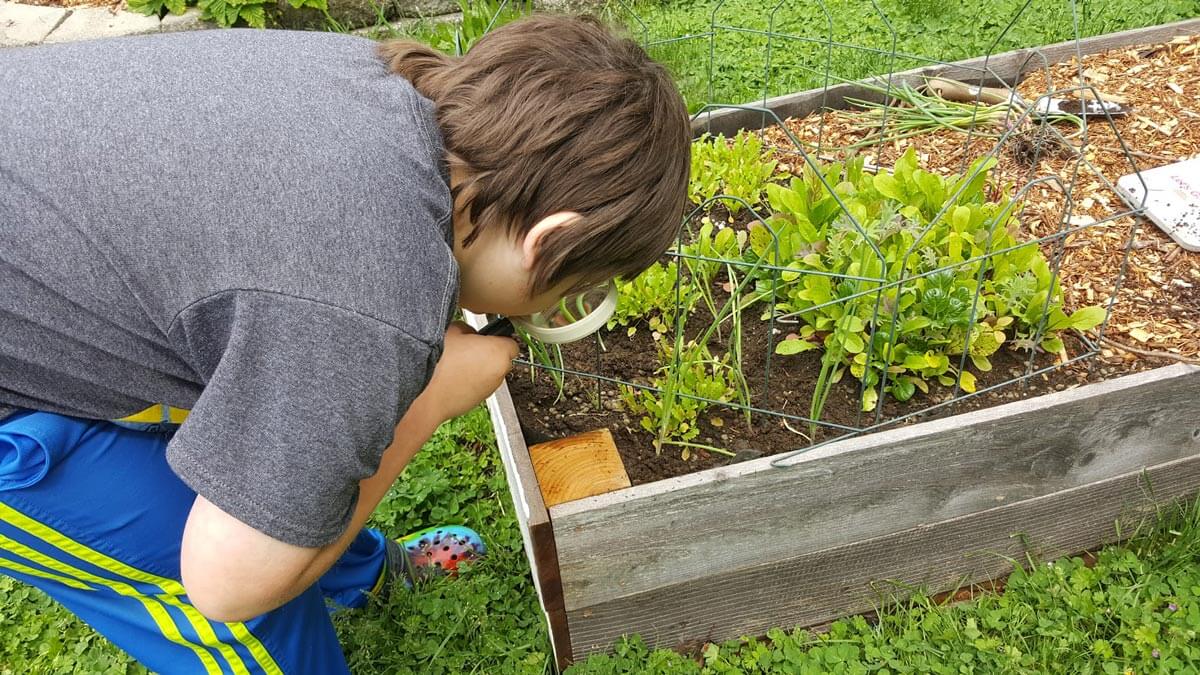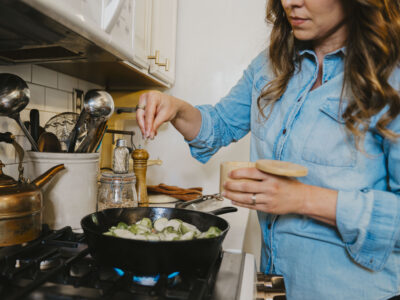Though not all of us are homesteading with special needs children, it’s likely that many of us know someone who is. In this podcast, my good friend Rachel is sharing her tips on raising a special needs child on the homestead.
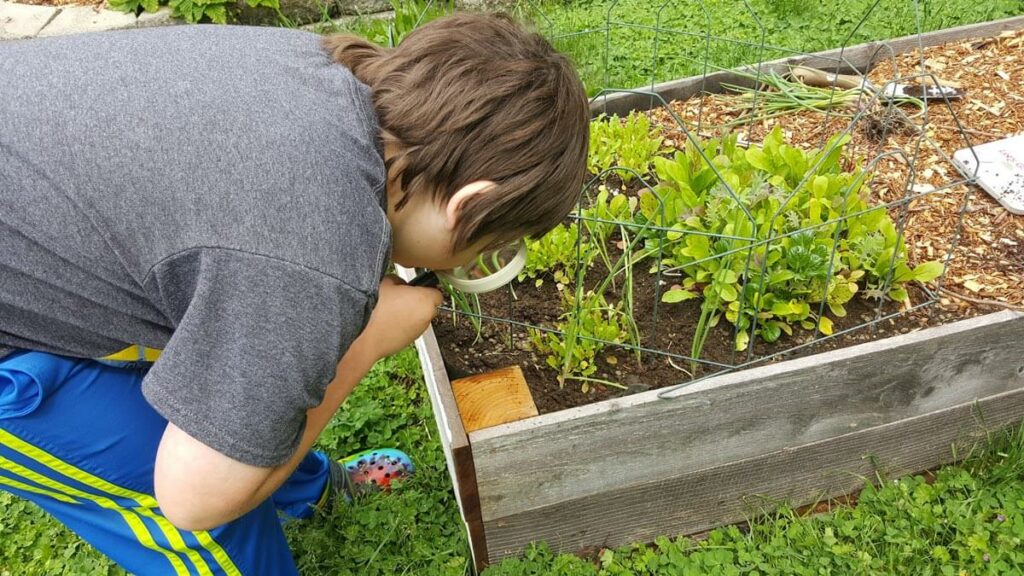
If you’re a parent with a newly diagnosed child with special needs it can be hard to know exactly where to start. How to talk to family and friends about your child and how to express their needs.
🍞 Struggling With Sourdough?
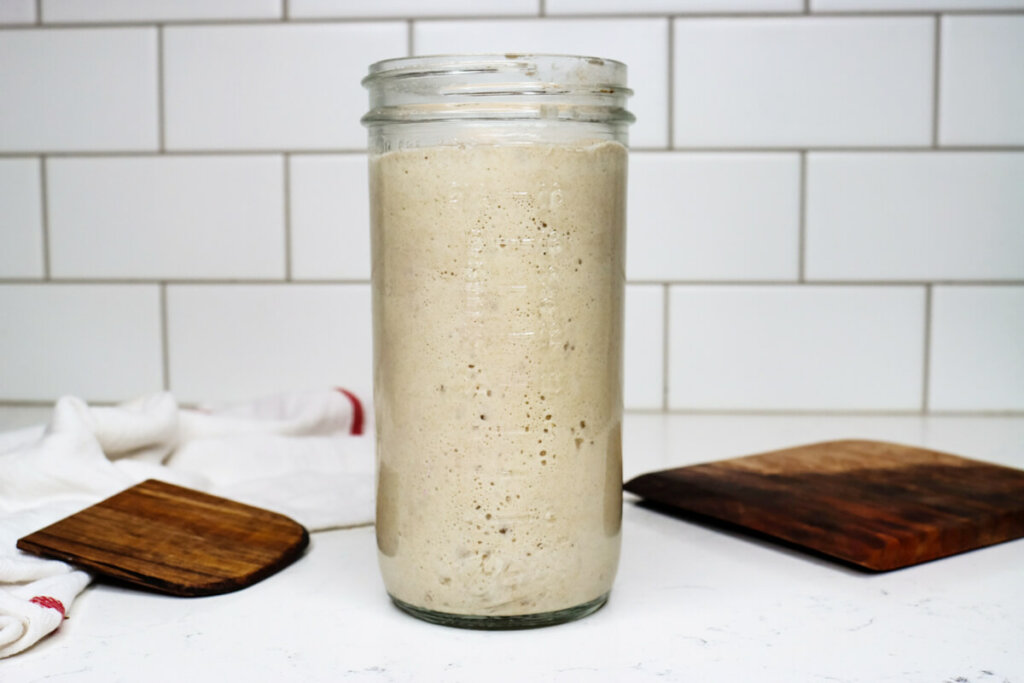
If your starter won’t take off, your loaves are dense and hard, or sourdough just flat-out overwhelms you…
👉 I’ll show you how to fix all of it.
Join my FREE workshop and learn how to make a bubbly, active starter—the right way, from Day One.
Natural Remedies Made Simple

Start your home apothecary with confidence—even if you’re brand new. Learn how to choose the right herbs for your body using the simple principles of herbal energetics.
Discover how warming, cooling, drying, and moistening herbs affect your body—so you can stop guessing and start making remedies that actually work.
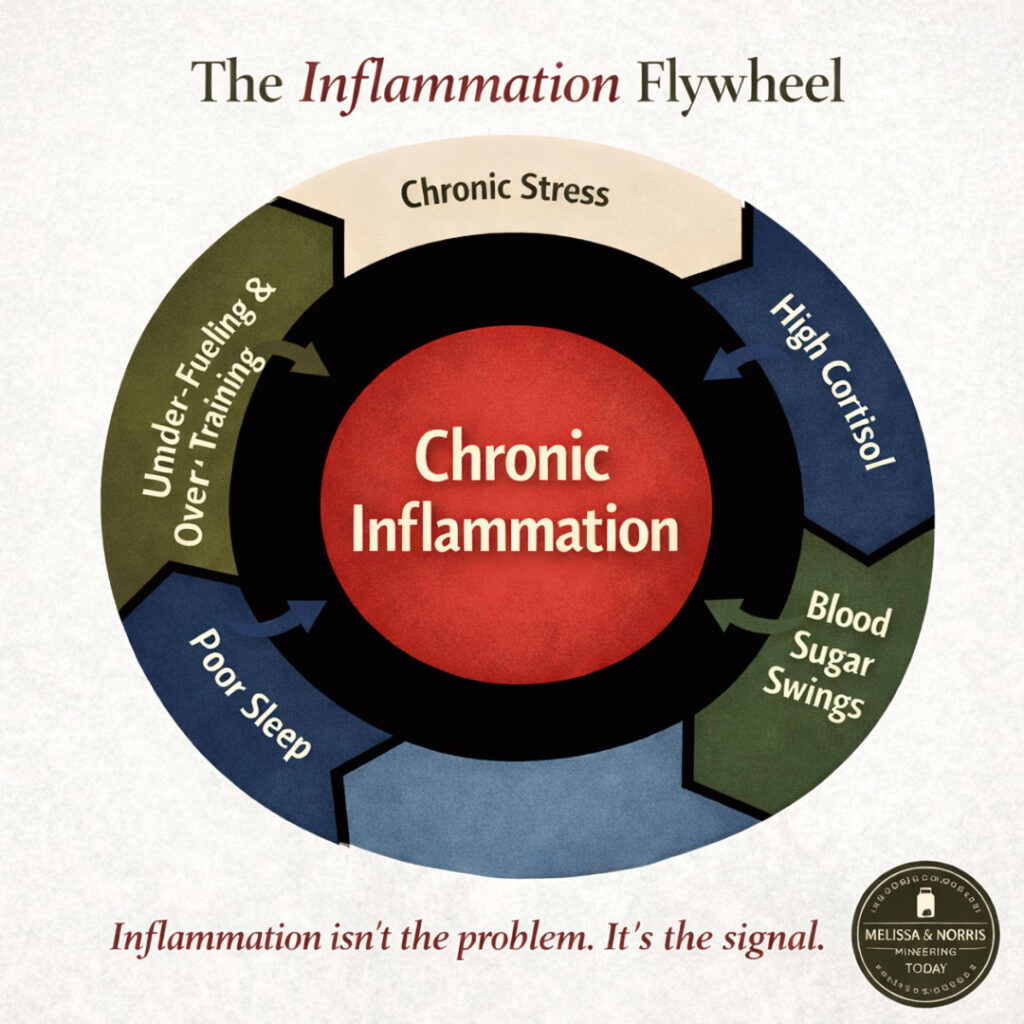
The Hidden Cycle Keeping You Inflamed
If you’ve been feeling puffy, tired, achy, or wired-but-tired, this two-page guide will help you understand what may be happening behind the scenes — even if you’re eating “healthy.”
Download the Inflammation Flywheel Guide and learn:
- Where to start so you don’t feel overwhelmed
- The 5 most common drivers that keep inflammation switched on
- Why blood sugar swings, stress, and poor sleep feed each other
I’m excited about this podcast because it’s helped shed light on how I can come alongside those with special needs children and especially how to understand better the situations those who are walking through this are facing.
For more resources, check out the “In This Episode” section below.
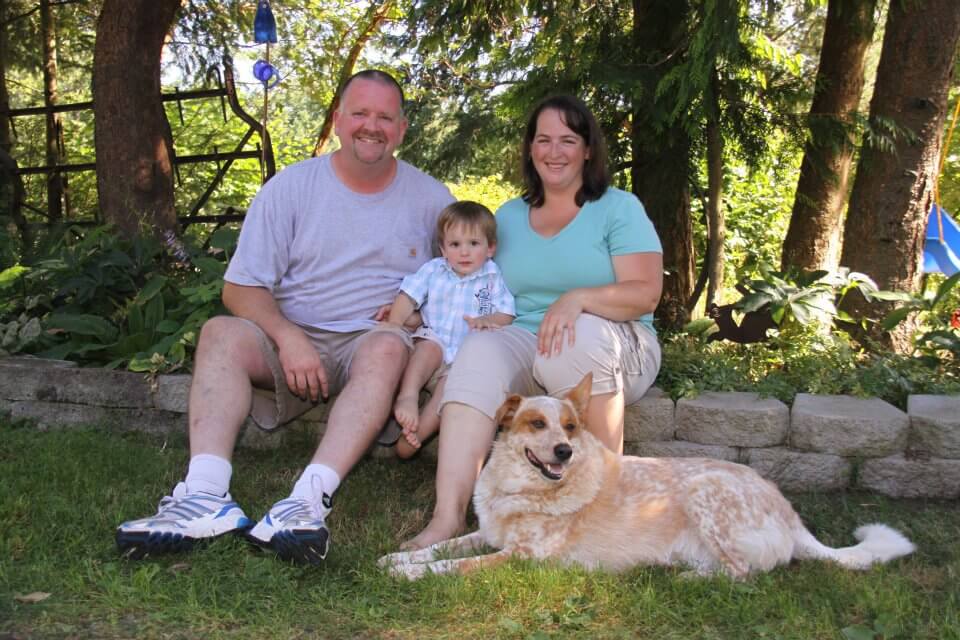
Table of Contents[Hide][Show]
About Rachel
If you’re a member of the Pioneering Today Academy, and if you’ve been on any of the once-a-month live calls that I do inside the Academy, you’ve probably met Rachel.
About ten years ago, when her son was two years old, Rachel began noticing that he wasn’t hitting the typical childhood “benchmarks.” It was at this time that she began working with specialists to come to his ultimate diagnosis of “special needs.”
Over the years Rachel has learned many tips and come alongside many parents walking through their own journey of raising special needs kids, and she has so much wisdom to share in today’s episode.
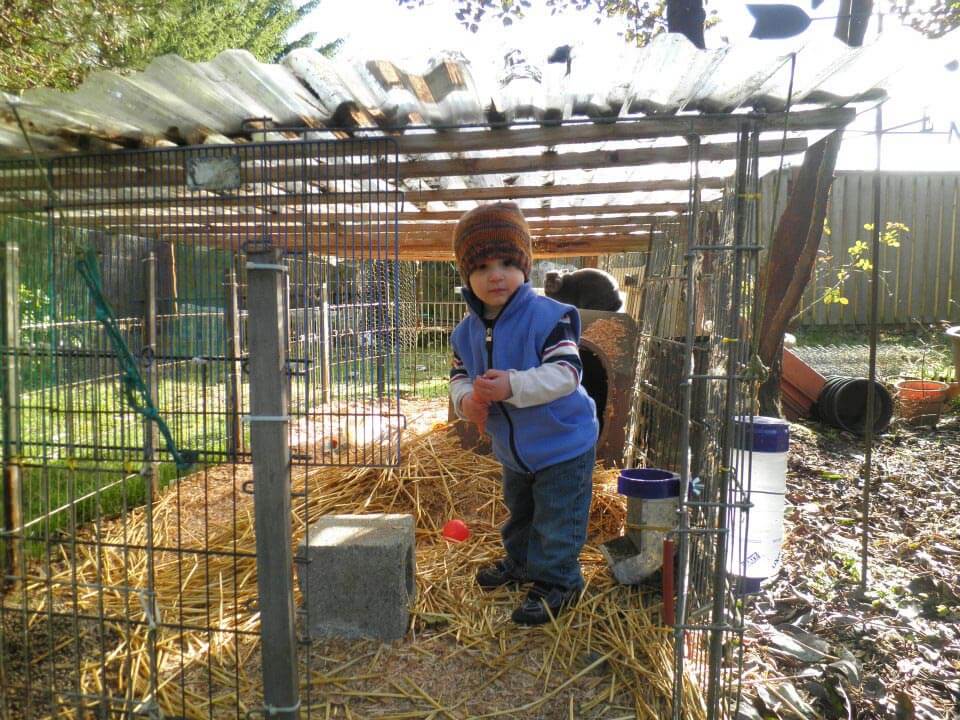
In This Episode
Resources for those who have children with special needs:
- Birth to Three Program
- Parent to Parent
- The ARC
- Directory of Special Needs Organizations
- CDC explanation of “early intervention”
- Overview of “early intervention”
- Parent support
- Services for Children with disabilities
- 10 Helpful Organizations and Resources for Children with Special Needs
- Understanding the Differences Between and IEP and a 504 Plan
- Supplemental Security Income for Children
Here are some ways in which homesteading can benefit children with disabilities:
- Sensory stimulation: Homesteading offers a wealth of sensory experiences, such as feeling the texture of the soil, smelling the scent of fresh herbs, watching plants grow they helped plant, and listening to the sounds of nature. This can be especially beneficial for children with sensory processing disorders, as it can help them to develop their sensory awareness and regulation.
- Therapeutic benefits: Homesteading can be therapeutic for children with disabilities, providing them with a sense of purpose, accomplishment, and connection to nature. Tasks such as gardening and animal care can be both calming and rewarding, promoting physical, emotional, and cognitive well-being.
- Learning opportunities: Homesteading provides a rich environment for learning, as children can develop a variety of skills and knowledge related to agriculture, cooking, sustainability, and traditional crafts. This can be especially valuable for children with learning disabilities, as it can help them to engage with the world in a more meaningful and practical way.
- Social connections: Homesteading can also provide opportunities for socialization, as children can interact with family members, neighbors, and other members of the homesteading community. This can help to build social skills, self-confidence, and a sense of belonging.
How to deal with emotions as a parent:
- Find local support groups
- Parent to Parent is a great place to start.
- Get on social media and search for a local support group.
- Know that it’s perfectly acceptable to experience emotions over a child with special needs.
- Understand there is a process you will need to go through and allow for that process.
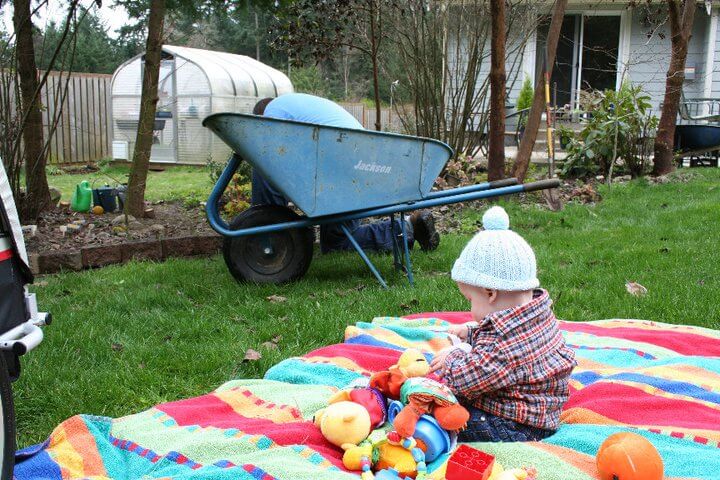
Advice for parents with special needs children:
- Get rid of expectations for your child. Your child is unique and their own person. No more comparing to charts or benchmarks.
- Embrace the child in front of you and let go of the idea of the child you had in mind.
- Learn how to fall in love with their passions.
- Don’t rush your children or try to make them interested in what you want them to be interested in.
- Include them in everyday life (just because your child may not be interested in gardening, if it’s part of what the family is doing, include them in a way that works for them).
- Do your best to be on the same page with your spouse or partner.
- Be open and honest with other people about the needs of your child.
- Learn as much as you can about your child’s challenges/diagnosis and advocate for them. Always listen to your gut, you are their parent and know them better than anyone else does!
- Don’t be afraid to politely speak your mind and share your concerns with medical professionals, specialists, therapists, teachers and school administrators. Ask questions and get answers. Knowledge is power!
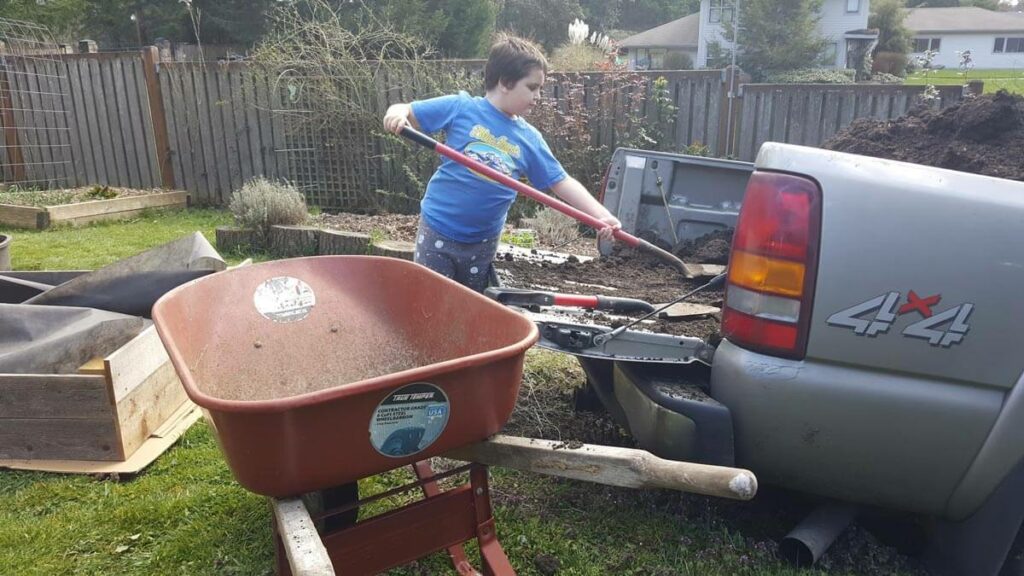
Also, if you’re not sure if your child has special needs but your gut instinct is that there’s something going on (or there’s just something not right), be their advocate!
Push your doctors to get proper diagnoses. Push with the schools to get your child the resources they need to thrive. Your child doesn’t know how to advocate for themselves, so you need to step in.
I’m also so glad for Rachel’s involvement in planning for the Modern Homesteading Conference. Without her input, I would have never known that having a “sensory room” where people can go to find a quiet place away from the crowds is something that’s important.
If you were on the fence about coming to next year’s Modern Homesteading Conference because you have family with special needs, just know that we’ll do our best to provide areas that accommodate them for the conference.
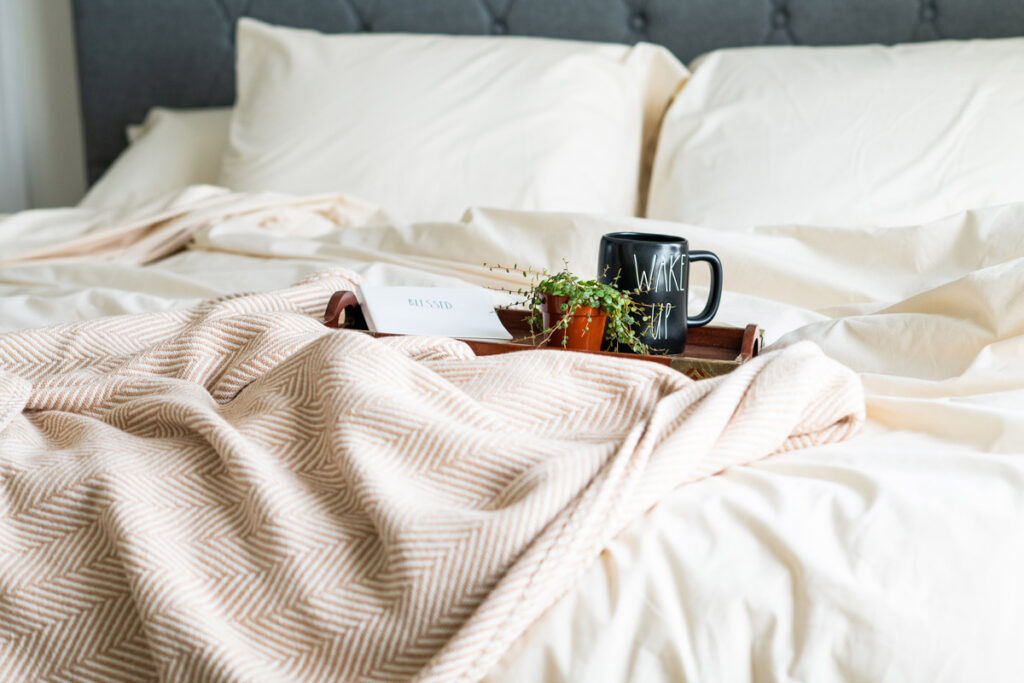
American Blossom Linens
American Blossom Sheets is an American-made company that sells organically grown cotton towels, sheets, blankets, pillows and more. Their products are heirloom quality and made from cotton grown in the USA.
I don’t know about you, but it seems it’s getting harder to find products that are made in the United States, as well as cotton that’s 100% pure that holds up well to extended use.
One thing I love about my American Blossom Sheets is that they seem to get softer with each and every wash. They keep me warm in the winter and cool in the summer (I don’t know how they do it!), but I just fall more in love with them with every night’s sleep.
American Blossom Linens is a sponsor of today’s podcast and blog post. They’re offering a 20% discount on your entire order when you use coupon code “PioneeringToday20”.

Pioneering Today Academy
If you found this podcast helpful and would like a chance to have a one-on-one call with me or learn more gardening and homestead advice from us inside the Academy, you can click here and sign up for the Pioneering Today Academy waitlist.
The doors open twice a year and will be opening up again on March 22, 2023. If you’re reading this during a time the doors are not open, sign up for the waitlist and you’ll be notified the next time the doors open.
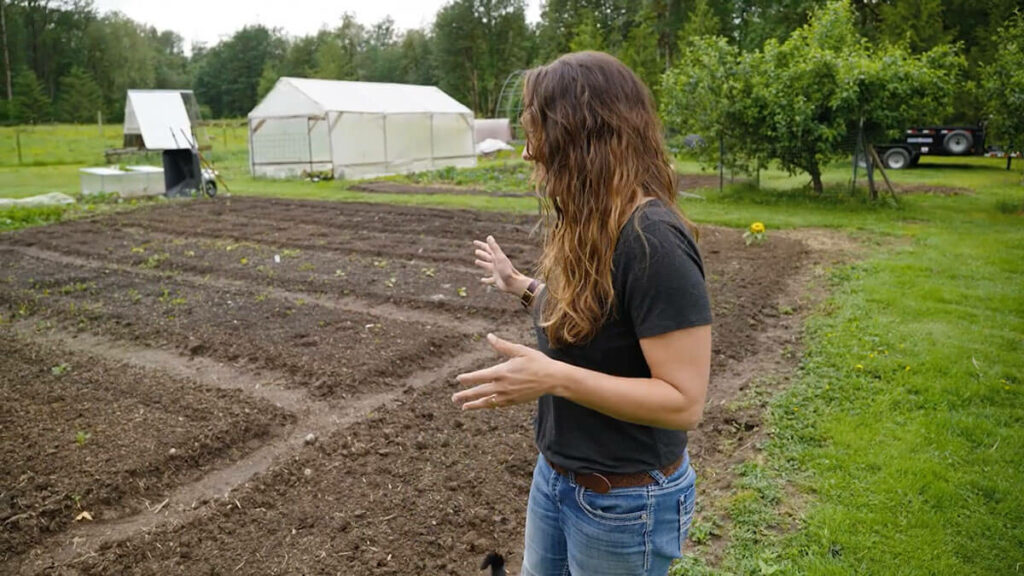
More Posts You May Enjoy:
- The Freedom to Learn: Homeschooling and Public Schooling for Homesteading Families
- Seventh-Year Land Sabbath & Bread Baking Tips (Live Coaching Call)
- Prioritizing Projects (Live Coaching Call)
- Troubleshooting Chicken Health & Best Herbs for Chickens (Live Coaching Call)
- New Gardening Techniques & Varieties to Grow
- Soil Remediation – How to Fix Tainted Soil
- Wood Chips for Garden Mulch (Beneficial or Not?)
- Science-Based Companion Planting Strategies for a Healthier Garden
- How to Grow a Large-Scale Garden Without Acreage
[fusebox_transcript]
